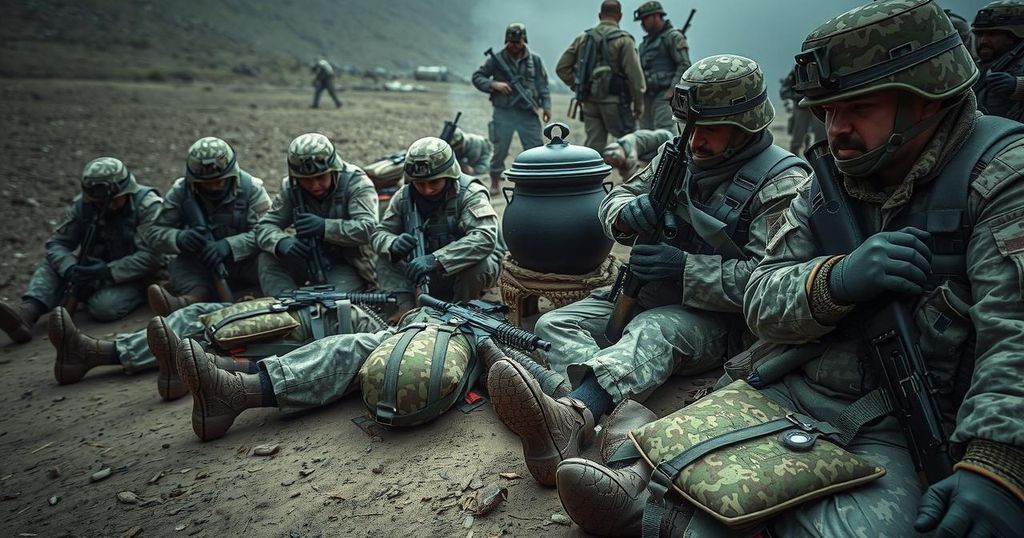Kurdish Fighters Disarm, Signaling Hope for Peace in Turkey

- Turkish fighters take crucial step in 40-year Kurdish conflict.
- Disarmament of PKK marks a new peace effort led by Ocalan.
- Bahceli’s surprising shift opens doors for Kurdish negotiations.
- Concerns remain over possible splinter groups within PKK.
- Previous peace efforts have seen many ups and downs.
Kurdish Fighters Take First Steps Toward Disarmament
A historical moment has unfolded in northern Iraq as a group of 30 Kurdish fighters, clad in camouflage and defiant spirit, ignited a flame on Friday, burning their weapons in a large cauldron. This act marked the first tangible step toward resolving one of the Middle East’s most enduring conflicts—the Kurdish insurgency that has plagued Turkey for over four decades. Known as the Kurdistan Workers’ Party, or PKK, the fighters included 15 women participating in a ceremonial act that symbolized their commitment to peace after years of armed struggle.
Understanding the PKK’s Evolution and Ocalan’s Role
The significance of this occasion is underscored by the context of the PKK’s tumultuous history, which began in earnest back in 1984, initially pushing for an independent Kurdish state and later evolving into demands for cultural and political rights within Turkey. The influence of Abdullah Ocalan, the imprisoned leader of the PKK, cannot be overstated; his calls for disarmament, recently reiterated through a video message, carry the weight of years of leadership against the backdrop of a century-long struggle for Kurdish rights.
New Political Dynamics and Ongoing Concerns
Turkish politician Devlet Bahceli, an influential figure who has long opposed any ease on Kurdish rights, is now at the forefront of this peace process which began in October. After years of escalating violence, Bahceli’s proposals have surprised many, demonstrating a surprising shift in political dynamics. Discussions are now focusing on possible concessions for the PKK members, hinting at potential integration into Turkey’s political fabric. However, fundamental doubts about the sustainability of this peace initiative linger, especially given the history of failed negotiations and persistent threats from splinter groups.
The recent disarmament efforts by the PKK mark a critical turning point in Turkey’s long-established Kurdish conflict, although skepticism remains around the sincerity of the peace process. With Turkish politics shifting and external regional dynamics at play, the path forward appears both tenuous and pivotal for the future of Kurdish rights and autonomy within Turkey. The next steps towards peace will likely define not just the PKK’s fate but also broad implications for Turkey’s political landscape and stability in the Middle East.








